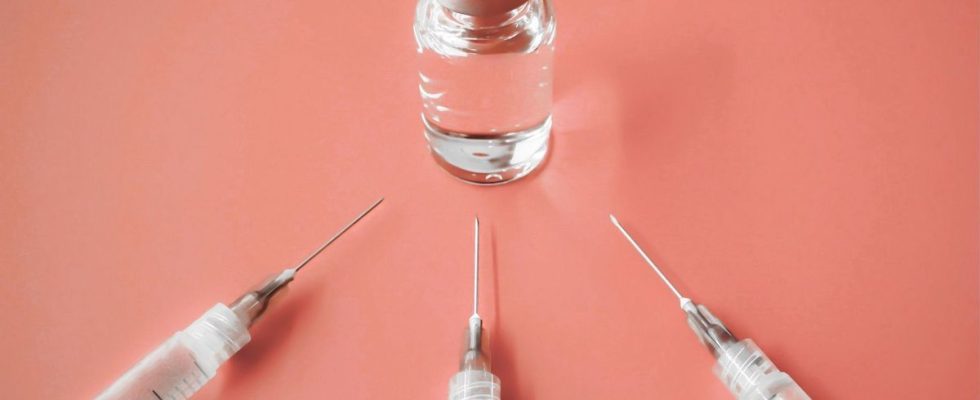Published on
Updated
Reading 2 mins.
At a time when the pandemic seems far behind us, a woman, awaiting a kidney transplant at the Dijon University Hospital, was refused a transplant because of her non-vaccination. Justified medical refusal or glaring injustice? Diane Protat, lawyer at the Paris Bar and in charge of the case, sheds light on the subject.
It is one case among others, but which has nevertheless made people talk about it. On October 19, 2022, the Dijon University Hospital placed a woman “in temporary medical contraindication” to a transplant because of her non-vaccination against Covid-19.
“Potential risks” for the transplanted and unvaccinated patient
In this case, two opinions are opposed. On the one hand, the Biomedicine Agency ensures that vaccination “is not compulsory” for people awaiting a transplant, on the other, the CHU rejects the request for the patient’s reintegration into the waiting lists .
“It is therefore the CHU, and he alone, who took this initiative to place my patient on temporary medical contraindication on October 19, 2022.“, specifies Diane Protat.
The reason for rejection? A temporary medical contraindication”which is based on the national recommendation of the Société Francophone de Transplantation, in force since January 3, 2022, which recommends not to transplant unvaccinated patients when the departmental incidence rate of Covid-19 is greater than 50 per 100 000 inhabitants”specifies the CHU in a letter, dated December 2022.
Another argument put forward, this time in February 2023: by receiving this graftthe patient incurs potential risks, and in particular a “risk of severe coronavirus infection“, even a “death or loss of the graft“.
“In a context of shortage of organ donations, having a transplant when one is not vaccinated would therefore be a bad idea according to the CHU because the patient would risk contracting the coronavirus and dying from it. In other words, to lose the precious graft”, relates Diane Protat. “Except that no figures prove it. I asked for them, but no concrete information was offered to me.“, she assures.
Towards a change of practice?
Finally, the Dijon University Hospital will summon the patient on February 8, 2023 in order to lift this temporary contraindication to the transplant. The establishment will nevertheless have her sign a document indicating that she recognizes the dangers of not being vaccinated while waiting for a transplant.
”Due to the persistence over time of the epidemic, we are led to change our practice of placing patients in temporary medical contraindication on the national list of impairment and to consider kidney transplantation, even in the absence vaccination; this in order to guarantee the principle of equity in access to the transplant.”
Because of this change in decision, the administrative court of Dijon struck off the case and no applicable case law for other people and other CHUs exists.
“I hope that the dissemination of this information will allow, for example, a person who would have the same difficulties in Bordeaux to be able to oppose as an argument the change of practice of the CHU of Dijon” concludes the lawyer.
